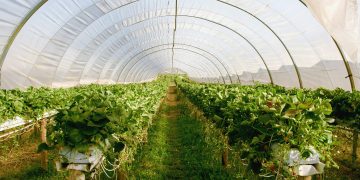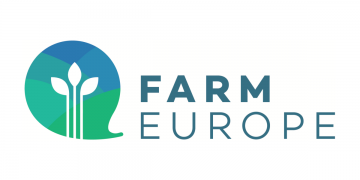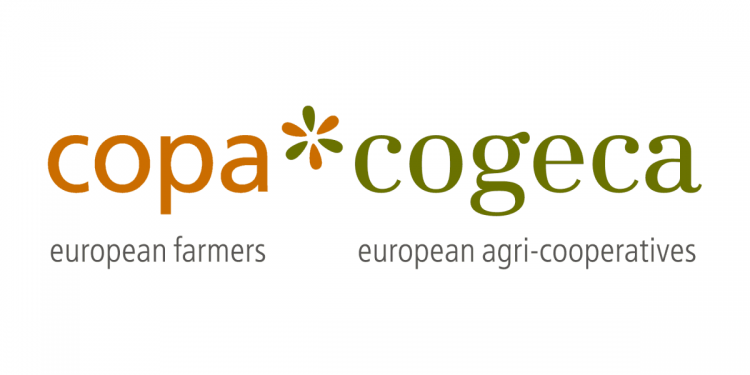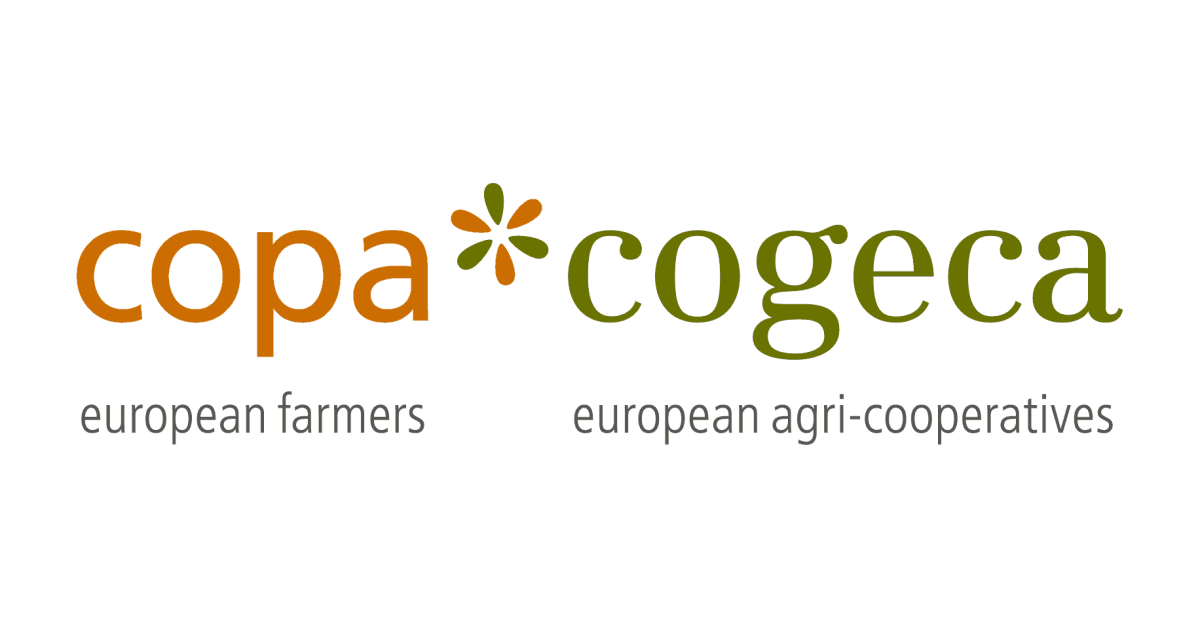With the next negotiating round just days away, European farmers and agri-cooperatives must address the sensitive sectors concessions and expectations for a balanced outcome in the EU-Australia free trade negotiations.
European farmers and agri-cooperatives have been increasingly feeling the weight of the ambitious trade agenda of the European Union. The cumulative effect felt from trade concessions comes on top of the many other challenges producers are facing, like rising input costs, effects of geopolitical tensions and pressure stemming from the EU’s Green Deal agenda.
While Australia is a likeminded, trustworthy partner and an important ally, it is crucial that the concerns of the agricultural sector be seriously considered in pursuit of the political agreement on the free trade deal. A balanced outcome in the agricultural chapter is the expectation from our farmers and agri-cooperatives, one where the sensitivities of certain sectors are taken into account.
The sensitive sectors concerned by this trade deal are prevalently those of sugar, beef, and sheep meat. These sectors are already overly exposed to international trade and are under increasing pressure “at home” as well. In addition, the impact of UK bi-lateral trade deals must also be considered. The EU is exposed to a doubling of volumes effectively, of these same commodities entering the EU-UK market following Brexit as the UK pursues its own deals with other countries. Hence, as a general principle neither of these sensitive sectors can accept more concessions given to third-country partners in the context of trade negotiations.
Of course, a trade negotiation is a give and take exercise, but it must lead to a balanced outcome for the agriculture sector. It is key that the agreement with Australia considers the cumulative impact, but also provides the opportunity to tackle outstanding sanitary and phytosanitary measures (SPS) issues, avoid market disturbance, make important progress on the recognition of GIs, while also leading to concrete market access for the EU’s products as well.
Furthermore, with the additional sustainability requirements being placed on our farmers and agri-cooperatives with the EU’s Green Deal agenda, ensuring reciprocity of norms as well as a level playing field is necessary. It is an expectation that this agreement should feature an ambitious Sustainable Food Systems Chapter, such as the one previously concluded with New Zealand.
Artigo publicado originalmente em Copa Cogeca.
























































Discussão sobre este post